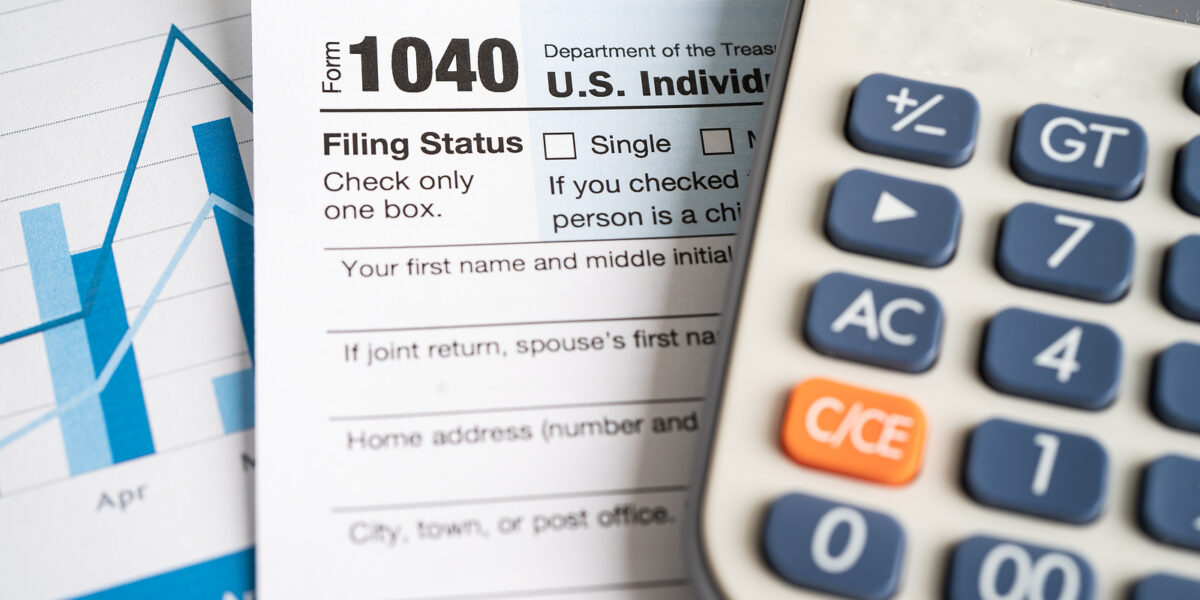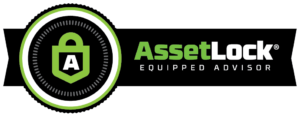5 Tax Filing Tips That Help Keep The IRS Auditor Away
5 Tax Filing Tips That Help Keep The IRS Auditor Away
Right now is a great time to evaluate your current tax situation and implement these tax filing tips to help keep the IRS tax auditor away.
The first thing to evaluate is whether the correct amount of taxes are being withheld, your Required Minimum Distributions (RMDs) are on track, deductions are accurate, and if you are correctly listing charitable deductions on your return.
Although examining and updating your W-4 is a great place to start, here are a few more tax filing tips on personal taxes that you may want to consider:
- Save more into a pre-tax-sheltered retirement savings account.
- Fully fund or increase your contribution into a flexible spending account (FSA) or health savings account (HSA)
- Determine if you’re eligible for the earned income tax credit (EITC)
- Evaluate if you qualify for the alternative minimum tax (AMT).
- Increase your deductions.
- Donate money to a charitable cause.
Meeting with your financial professional and tax professional can help ensure you are managing your tax situation. A tax review is essential while saving for retirement. After you retire since retirement is often when taxes on distributions from pre-tax retirement savings accounts hit. This situation makes pre-retirement tax planning important. As you review your tax situation this spring, are five tax filing tips to watch for:
Tip #1- Unemployment benefits are taxed.
Unemployment benefits are taxable income by the IRS and in almost every state. If you received benefits, you may receive a 1099 form showing your benefits income by year-end. In most states, taxes are not taken from your benefits, so you’ll need to pay taxes on your unemployment benefits. In some states, unemployment benefits are not taxed. So if you’re unsure if your state taxes benefits, reach out to your tax professional for clarification. This is the first pf the five tax filing tips.
Tip #2-The home office deduction may not apply to you.
If you work from home, you may assume you qualify for the home deduction. Unfortunately, work-related expenses are not eligible for deduction if you’re an employee on an employer’s payroll.
Tip #3- Required Minimum Distributions (RMDs) require special attention.
Under The SECURE Act, your first RMD starts when you turn age 72. Which is a later age than in previous years. The RMD rule generally applies to the age of the original owner of a traditional IRA , SIMPLE IRA, SEP IRA, a 401(k), or 403(b). Roth IRAs do not have RMDs.
Tip #4- RMD tables have changed.
The fourth of the tax filing tips. Since the RMD tables hadn’t been updated since the early 2000s and people now have longer life expectancies, the tables were updated in 2022. Here are a few things to note about the updated RMD tables which impact how much RMD monies you need to take:
- RMDs are now at a lesser percentage.
- RMD amounts are smaller in order to extend the balance over a longer time period.
- A Smaller RMD means fewer taxes to pay.
- More money remaining in retirement savings accounts means more opportunities for tax-deferred accumulation through reinvesting.
- The new updated RMD tables help investors to manage their taxable income better.
Tip# 5- Charitable deductions may save you money.
For the 2022 and 2023 tax years, charitable contribution deduction rules are now that taxpayers can only deduct charitable contributions if they itemize their tax deductions on Schedule A. In addition, taxpayers can only claim charitable contribution deductions for cash contributions to public charities and operating foundations up to 60% of their adjusted gross income (AGI).
Tax filing tips for every year
If you have questions about these tax filing tips, consult a tax professional to help ensure you’re not taking deductions you don’t qualify to take.
SWG 2726910-0323d The sources used to prepare this material are believed to be true, accurate and reliable, but are not guaranteed. This information is provided as general information and is not intended to be specific financial or tax guidance. When you access a link you are leaving our website and assume total responsibility for your use of the website you are linking to. We make no representation as to the completeness or accuracy of information provided at this website. Nor is the company liable for any direct or indirect technical or system issues or any consequences arising out of your access to or your use of third-party technologies, websites, information and programs made available through this website.
In addition, Lifetime Solutions specializes in providing strategies and guidance for those who are seeking a better lifestyle in retirement. If you have retirement savings of five million dollars or $50,000, we can ensure it works as hard. As a result, we offer our experience and knowledge to help you design a custom strategy for financial independence. Contact us today to schedule an introductory meeting!







